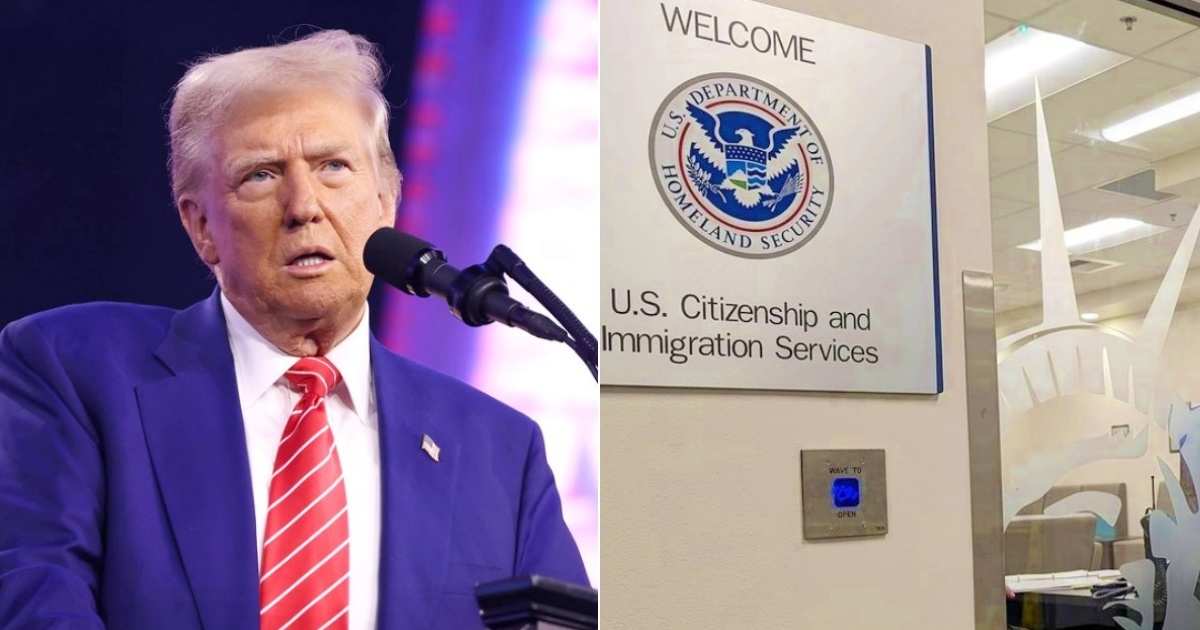In a significant legal development, a second federal judge has intervened to block President Donald Trump's executive order aimed at ending birthright citizenship in the United States. This lawsuit was initiated in Maryland by five pregnant women and two immigrant rights organizations, who argued that the executive order could unconstitutionally strip their children of American citizenship.
Judge Boardman highlighted during the hearing that Trump's decree clashes with the 14th Amendment of the Constitution, which ensures citizenship to all individuals born in the United States. She asserted that the executive order contradicts more than a century of Supreme Court precedents. "No court in this country has endorsed the president's interpretation," she remarked, according to statements reported by CNN. "This court will not be the first," she added.
Appointed by former President Joe Biden, Boardman determined that a nationwide injunction was necessary to provide complete relief to those affected. "The government will not be harmed by an injunction preventing the enforcement of an order likely to be deemed unconstitutional," she stated.
Legal Arguments and Judicial Decision
The injunction will remain in effect as the lawsuit progresses, although it is expected that the Trump administration will appeal the decision in a federal court in Richmond. Such a move could potentially escalate the case to the Supreme Court.
While delivering her ruling, Boardman emphasized the "irreparable harm" that Trump's order would cause if it were allowed to take effect. "Children subject to the decree would be denied the rights and benefits of U.S. citizens, and their parents would face instability and uncertainty regarding their unborn babies' citizenship status," she warned.
Attorney Joseph Mead, representing the plaintiffs, argued that the 14th Amendment has been interpreted for over a century as guaranteeing citizenship to all persons born in the United States. "The parents targeted by the order have lived in the U.S. for decades," Mead explained. "They are not temporary visitors; they have made this country their home and deserve to have their children recognized as citizens," he added.
Conversely, Trump's government attorney, Eric Hamilton, defended the order by arguing that the framers of the 14th Amendment did not intend to create a loophole for undocumented immigrants or temporary visitors. He also claimed that blocking the order was premature, as federal agencies had not yet begun developing policies for its implementation. However, Judge Boardman dismissed this argument, asserting that the text of the decree sufficed to assess its legality. "Why do we need more than what's in the decree to understand the policy?" the magistrate questioned.
Reactions and Future of the Decree
Boardman's nationwide ruling represents a substantial setback for the executive order signed by Trump on his first day back in the White House, January 20. The order was swiftly challenged in courts and temporarily suspended by another judge shortly thereafter.
Immigrant rights organizations celebrated Boardman's decision. Swapna Reddy, co-executive director of the Asylum Seeker Advocacy Project (ASAP), described the ruling as a relief for many families who feared the consequences of the decree.
The executive order, titled "PROTECTING THE MEANING AND VALUE OF AMERICAN CITIZENSHIP," stipulated that the federal government would not issue documents recognizing U.S. citizenship to children born in the United States to parents with irregular immigration status or temporary legal status. The measure was scheduled to take effect 30 days after its signing.
With multiple legal challenges underway in various states, legal experts predict that the case will likely end up in the Supreme Court, where the future of birthright citizenship in the United States will be determined.
Understanding the Implications of Birthright Citizenship
What is birthright citizenship?
Birthright citizenship is the right to citizenship for all individuals born in the United States, as guaranteed by the 14th Amendment of the Constitution.
Why is Trump's executive order controversial?
Trump's executive order is controversial because it seeks to end a long-standing constitutional right, potentially affecting the citizenship status of children born to certain immigrant parents.
What is the significance of the 14th Amendment?
The 14th Amendment is significant because it ensures that all persons born or naturalized in the United States are granted citizenship, providing a foundation for civil rights.
What are the potential consequences of the executive order?
If implemented, the executive order could result in children being denied U.S. citizenship, leading to legal and social uncertainties for affected families.
